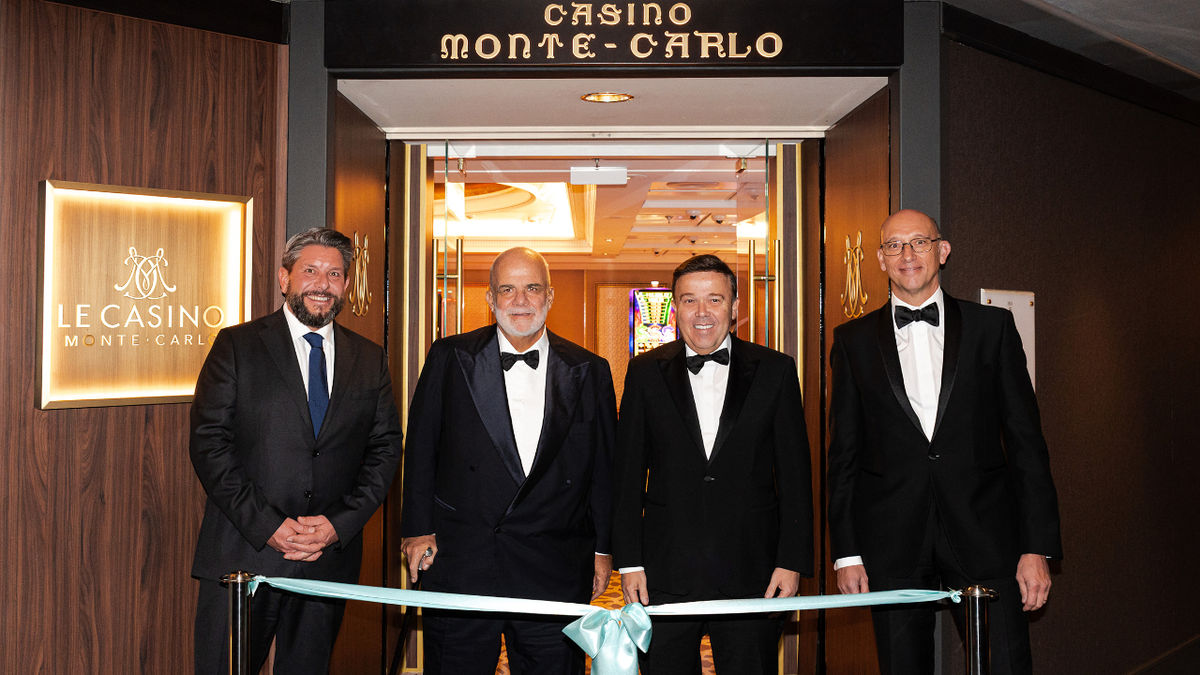In a decision that could have far-reaching implications for Oregon’s delicately balanced gambling market, the federal Bureau of Indian Affairs notified Oregon officials Nov. 20 that it will issue a final environmental impact statement (EIS) supporting an off-reservation casino the Coquille Indian Tribe wants to build in Medford.
After publishing their decision in the Federal Register, the Bureau will open a 30-day public comment period. After that, the agency will produce a final document, called a record of decision (ROD), which typically—but not always—affirms the EIS.
U.S. Sen. Jeff Merkley told WW on Wednesday evening his office had received notification from the Bureau of Indian Affairs of the agency’s decision to issue the EIS.
Merkley, Sen. Ron Wyden and Gov. Tina Kotek have all embraced the same position that Oregon leaders have taken for years—they’d prefer the status quo.
“I am disappointed by the Biden administration’s decision to move the Coquille Indian Tribe’s Medford casino application forward,” Merkley tells WW. “Sen. Wyden and I have opposed the application for years out of deep concern for the new and likely damaging gaming precedent it would set in the state. I also remain concerned about the opposition voiced about this application by several of Oregon’s federally recognized tribes. During the coming 30-day comment period, I encourage everyone to share their views.”
The context for the BIA decision is a complicated and contentious gambling market in Oregon. Eight of the state’s nine federally-recognized tribes offer casino gambling. Although two tribes operate two casinos, Kotek and her predecessors have tried to observe a one-tribe, one-casino policy, with the casinos located on reservations.
Some tribes, including the Confederated Tribe of Siletz Indians, which hopes to open a second casino in Salem, do not agree with that policy, noting that it is not a law and they never agreed to it. Conflict arises because some tribes’ reservations are located closer to population centers than others, which provides more traffic and more gambling revenue. That has generated pressure to develop off-reservation casinos closer to population centers, such as the Medford proposal.
The federally-recognized tribes are sovereign nations and exist in a sometimes uneasy relationship with the state of Oregon, which itself is highly dependent on the Oregon Lottery. That puts the state in both a quasi-regulatory position—it has authority in some cases (but not in the case of the proposed Medford project) to reject new casinos—while it is also a competitor with the tribes for gambling dollars.
Related: After Biden’s Team OKs a Minnesota Tribal Casino Application, Oregon Prepares for Upheaval
Since 2012, the Coquille Tribe has pursued the development of a second casino on property the tribe purchased in Medford, which is about 170 miles from its reservation in North Bend. The Coquille have an on-reservation casino, called The Mill, but have sought to generate more revenue with the Medford project.
On Wednesday evening, Ray Doering, a Coquille spokeman, said he could not confirm the BIA decision. “So far, the tribe has received no official notification from the BIA regarding any approval,” Doering says. “Needless to say, we would be quite happy if your information is correct.”
The loudest opponent of the Medford project, the Cow Creek Band of Umpqua Tribe of Indians, however, said they had been informed of the BIA decision. That tribe operates a casino in Canyonville, about 70 miles north of the Coquille site in Medford. The Cow Creek have adamantly fought the Medford proposal and expressed frustration at Secretary of the Interior Deb Haaland, the first Native American to hold that position, for moving it forward.
“The Cow Creek Band of Umpqua Tribe of Indians and more than 30 other tribes have been fighting for months to be heard by the Biden Administration and Secretary Haaland about the devastating impacts mass off-reservation casino approvals will have on Indian Country, only to be dismissed and ignored,” said Cow Creek Chairwoman Carla Keene. “We have requested—even pleaded—to be seen, heard and consulted with on the decisions being made by bureaucrats in D.C. that will devastate our tribal communities.” The tribe will continue its opposition.
Doering, the Coquille spokesman, told WW previously that the Cow Creek are over-estimating the impact the Medford casino would have, and also ignoring the benefits to the Coquille Tribe.
“Our project will provide financial resources for tribal programs and career opportunities for tribal citizens,” Doering says. “The project also should improve our ability to expand our entertainment and hospitality offerings in South Medford. This would result in increased revenue, new career opportunities and a variety of entertainment options for the Medford community.”





